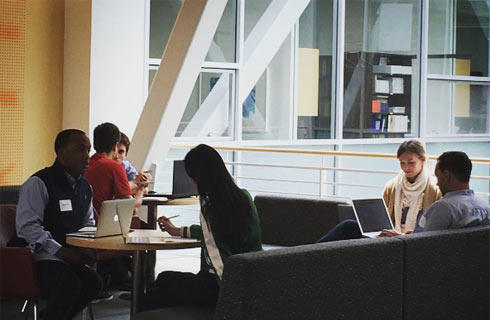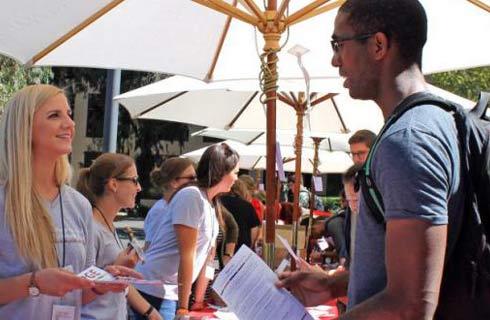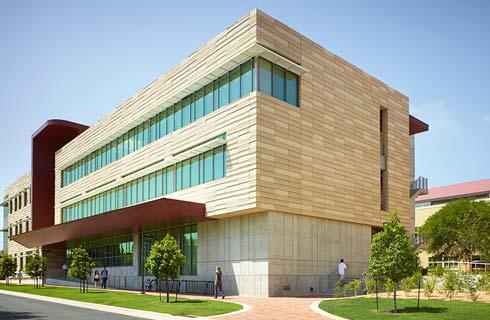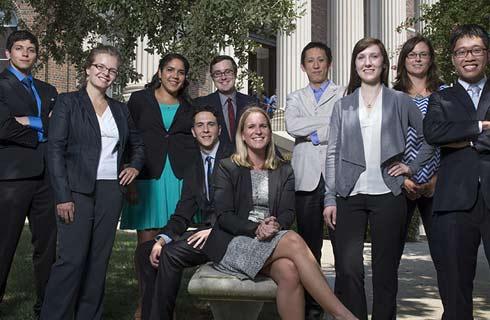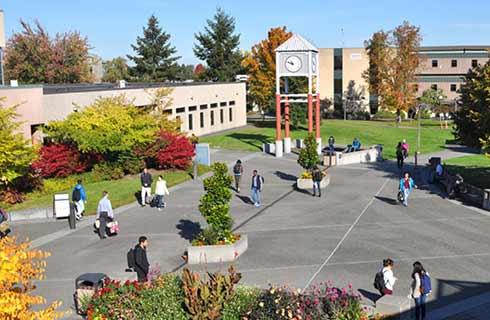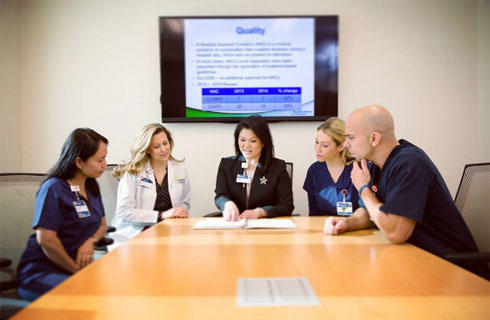PGCE中学科学:化学
PGCE Secondary Science with Chemistry

学历文凭
Graduate Certificate

专业院系
Institute of Education

开学时间

课程时长

课程学费

国际学生入学条件
IDP—雅思考试联合主办方

雅思考试总分
6.5
- 雅思总分:6.5
- 托福网考总分:88
- 托福笔试总分:160
- 其他语言考试:Pearson PTE (Academic): Overall score of 69 with no area less than 59. Cambridge English: C1 Advanced: Grade A or a score of 176 overall with no element less than 162. Cambridge English: C2 Proficiency: Grade C or a score of 176 overall with no element less than 162.
CRICOS代码:
申请截止日期: 请与IDP联系 以获取详细信息。
课程简介
Develop your teaching skills, and qualify as a secondary chemistry teacher, with our PGCE Secondary Science with Chemistry course at the Institute of Education. At the University of Reading, we recognise the importance of teaching children to explore, understand and make sense of their world through science. You will be trained to teach biology, physics and chemistry up to GCSE, and chemistry to A-level. How you’ll learn: Training to teach science at the University of Reading is an immersive experience, utilising many modes of delivery and participation, with active learning at its core. Your learning will take place through a series of practical seminars and workshops in purpose-built science laboratories, where interactive and discussion-based techniques will encourage you to engage, reflect and challenge. Throughout your course, you will: attend presentations by subject experts, work on tasks in groups, have individual tutorials, write assignments on aspects of teaching and professional studies, visit schools or other education settings, as well as museums and other sites of interest. You'll participate in activities designed to help you plan your teaching effectively and imaginatively. You will also discover how to evaluate your skills, particularly in terms of the quality of learning achieved by pupils.
相关申请
 预科
预科 奖学金
奖学金 实习机会
实习机会 在校学习
在校学习 跨境学习
跨境学习 校园授课-线上开始
校园授课-线上开始 在线/远程学习
在线/远程学习
开学时间&学费
学费信息仅供参考,请与IDP联系以获取详细信息
| 开学时间 | 时长 | 学费 | 地点 |
|---|
学校排名

世界排名201
数据源:
泰晤士高等教育世界大学排名
关于雷丁大学

雷丁大学是一所研究密集型校园大学,位于英格兰东南部,毗邻伦敦和希思罗机场。雷丁大学拥有 150 多年的历史,其在气候科学、商业、农业和食品科学等领域的专业技术现已得到公认。此外,该校还拥有两个海外校区和数十个国际合作伙伴,业务遍及全球。 连续第三年,雷丁大学在2026年QS世界大学排名中位列全球第194名,跻身世界前200强,并在英国排名中位列第27名。可持续性发展是雷丁大学的首要任务,该校在这一领域的排名有所提升,全球并列第42名。两年内,雷丁大学在全球可持续性发展排名中总共上升了147个位次。雷丁大学有超过5000多名国际学生。该校拥有一系列精良的运动和休闲设施以及许多社团和俱乐部,从学生到校之前就为其提供广泛的支持服务,还在学生整个求学期间举办包括迎新在内的各类活动,所有这些都有利于学生培养强烈的社区意识。雷丁大学开设有约500门本科和研究生课程供学生选择,开展的研究中有98%的研究已获得国际认可(''2021年卓越研究评估框架'')。该校力争走在教学领域的前沿,倡导协作、创新的环境。为给予学生资助并对学业成绩优异的学生进行表彰,雷丁大学还为各个学习阶段的学生提供全面的奖学金计划。近年来,校园已投入超过5亿英镑,重点用于改善校园内的各项设施,包括研究和教学空间以及住宿和娱乐设施。雷丁大学致力于吸引最聪明的人才,提供一个打破知识界限的环境,让每个人都有机会茁壮成长。
本校相关课程
其他相关课程
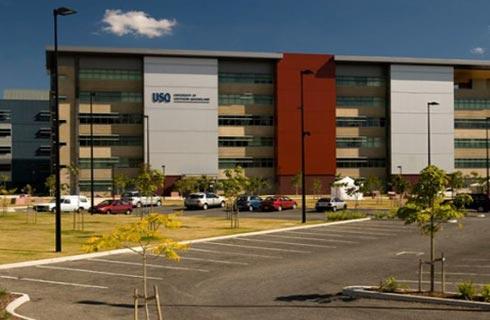
化学哲学博士(研究部)-化学
 悉尼新南威尔士大学
悉尼新南威尔士大学学历文凭
Ph.D.
开学日期
课程费用总额


Graduate Diploma of Laboratory Quality Analysis and Management
 麦考瑞大学
麦考瑞大学泰晤士高等教育世界大学排名:167
学历文凭
Graduate Diploma
开学日期
课程费用总额


化学科学硕士
 乐卓博大学
乐卓博大学泰晤士高等教育世界大学排名:267
学历文凭
Masters Degree (Coursework)
开学日期
课程费用总额


哲学硕士(化学)
 科廷大学
科廷大学泰晤士高等教育世界大学排名:256
学历文凭
Masters Degree (Research)
开学日期
课程费用总额


哲学博士(化学)
 纽卡斯尔大学
纽卡斯尔大学学历文凭
Ph.D.
开学日期
课程费用总额

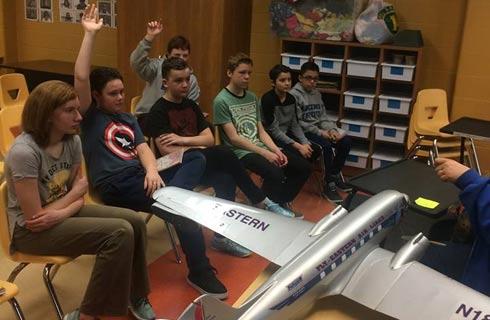
化学理学学士
 莫道克大学
莫道克大学泰晤士高等教育世界大学排名:438
学历文凭
Bachelor Degree
开学日期
课程费用总额










 英国
英国
